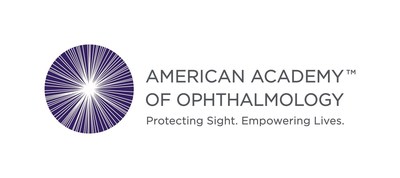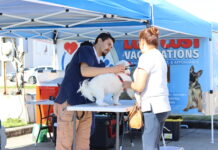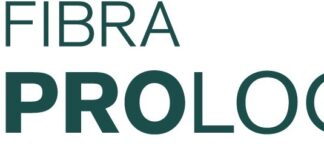SAN FRANCISCO, June 7, 2018 /PRNewswire-HISPANIC PR WIRE/ — Every year, about 10,000 people are rushed to the emergency department for fireworks injuries. Ophthalmologists – physicians who specialize in medical and surgical eye care – treat thousands of patients who suffer a range of fireworks-related injuries, from cuts and bruises to damaged corneas, retinas, and ruptured eyeballs. Many people believe that consumer fireworks are safe. But here’s the explosive truth: Most injuries are caused by legal fireworks parents buy for their children, such as sparklers, firecrackers, bottle rockets, and Roman candles. To help reduce the number of potentially blinding fireworks accidents this holiday, the American Academy of Ophthalmology is sharing these tips:
- Wear protective eyewear when igniting fireworks: Ophthalmologists recommend that every household have at least one pair of ANSI-approved protective eyewear. Stop by any hardware store and pick up some safety glasses for the entire family.
- Don’t pick up duds and misfires: When a lit firework didn’t explode, Javonte McNair, 14, walked over and picked it up. The “dud” exploded, severing his hand and blasting hot debris into his eye, causing severe damage to his cornea. Keep a hose and buckets of water on hand for duds and misfires. Soak the dud from a distance with a hose or a bucket of water. Pick it up with a shovel and fully submerge it in a bucket of water to ensure it’s safe for disposal.
- Keep a safe distance: Bystanders are injured by fireworks as often as the operator. Stacy Young was 100 yards away when an illegal firework sent shrapnel into her skull. Ophthalmologists couldn’t save her eye. It had to be removed.
- Supervise children closely: Sparklers seem like harmless fun for the kids, but they are responsible for about 1,400 eye injuries each year. Even those tiny poppers or snappers can pose dangers. A ricocheting popper burned parts of five-year-old Nolan Haney‘s eye and eyelid
- Celebrate with the pros: The Fourth can be complete without using consumer fireworks. The Academy advises that the safest way to view fireworks is to watch a professional show.

“Consumer fireworks are a treasured part of Fourth of July celebrations, so it’s easy to forget the dangers they can pose, particularly to the eyes,” said Dianna L. Seldomridge, M.D., a clinical spokesperson for the American Academy of Ophthalmology. “Please, take our advice. We don’t want to see you in the ER this Fourth of July.”
If you experience a fireworks eye injury, ophthalmologists urge you to minimize the damage to the eye:
- Seek medical attention immediately
- Do not rub the eye. Rubbing may make the injury worse
- Do not attempt to rinse the eye
- Do not apply pressure to the eye
- Do not remove objects from the eye
- Do not apply ointments or take pain medications before seeking medical help
To help ensure people get the facts about fireworks, the Academy also created an animated public service announcement titled “Fireworks: The Blinding Truth.” It encourages the public and media to view and share the PSA. Visit the Academy’s EyeSmart® website for more information about fireworks eye safety.
About the American Academy of Ophthalmology
The American Academy of Ophthalmology is the world’s largest association of eye physicians and surgeons. A global community of 32,000 medical doctors, we protect sight and empower lives by setting the standards for ophthalmic education and advocating for our patients and the public. We innovate to advance our profession and to ensure the delivery of the highest-quality eye care. Our EyeSmart® program provides the public with the most trusted information about eye health. For more information, visit aao.org.
Logo – https://mma.prnewswire.com/media/287412/american_academy_of_ophthalmology_Logo.jpg
SOURCE American Academy of Ophthalmology






